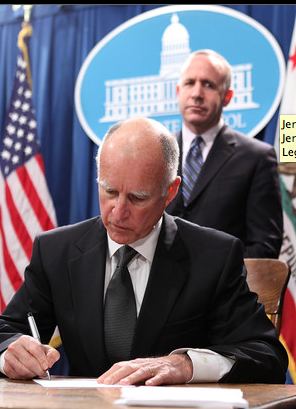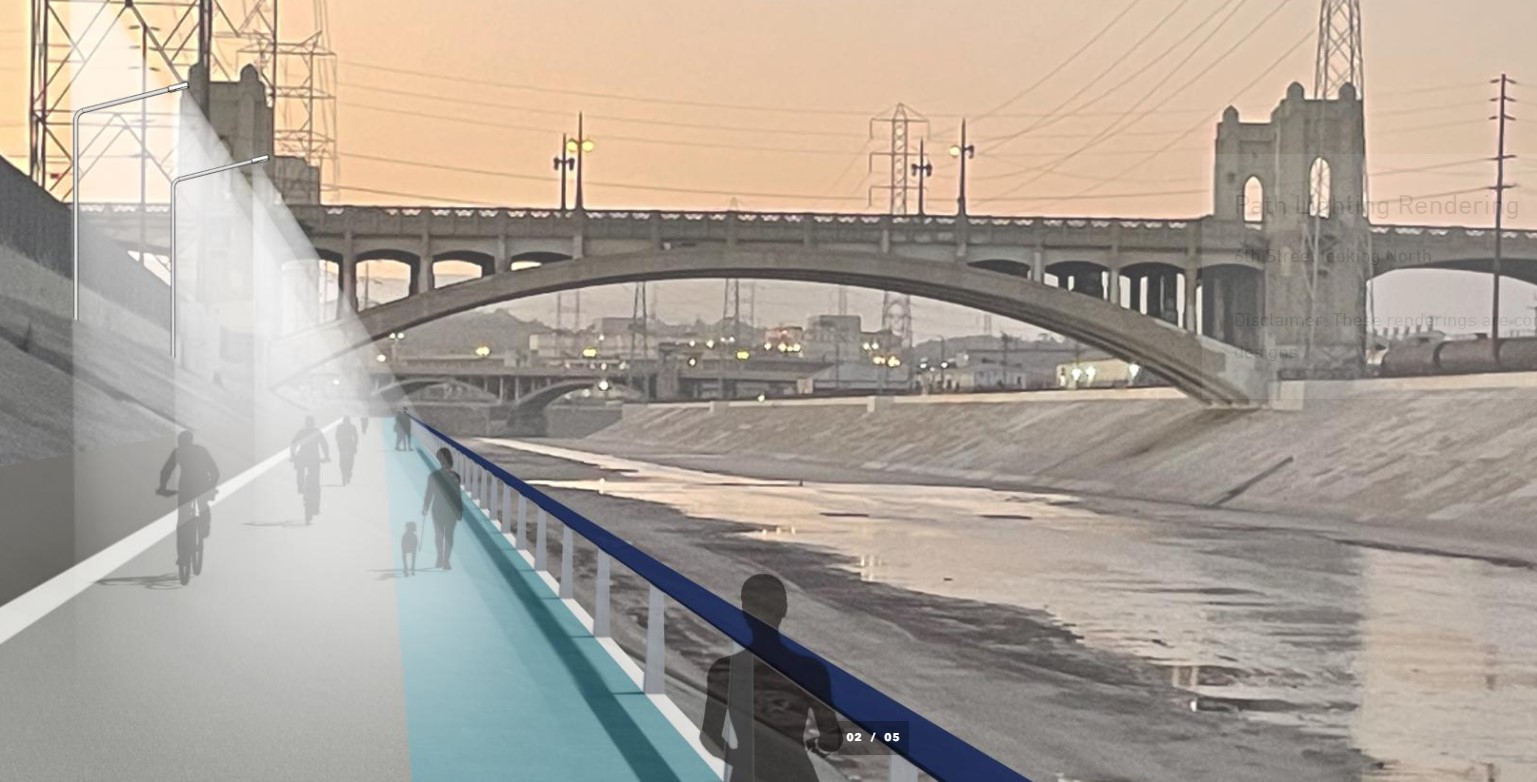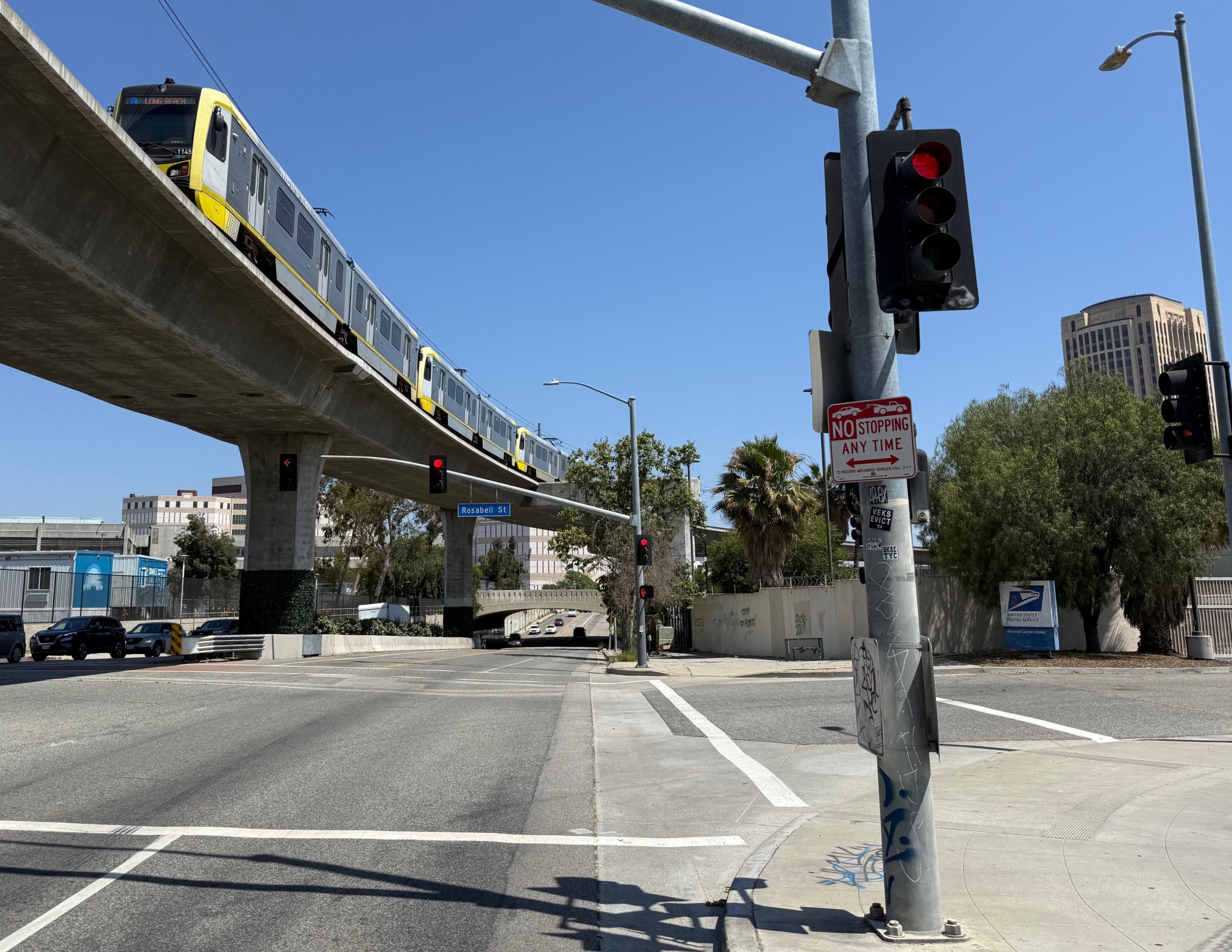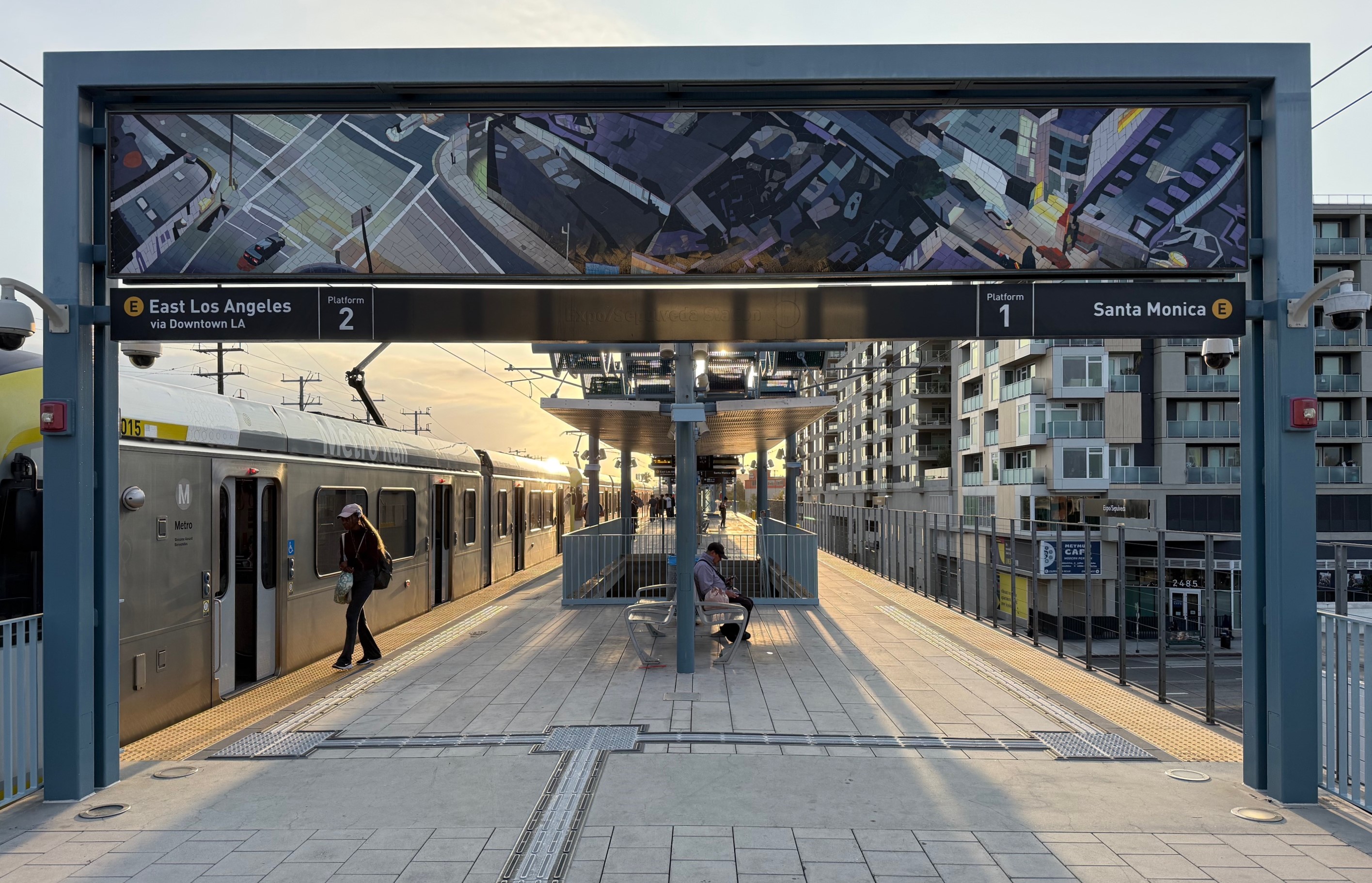Governor Jerry Brown is poised to sign a bill that would enable cities and counties in California to finance regional smart growth plans and sustainable transportation improvements through the creation of Sustainable Communities Investment Authorities.
SB 1, authored by State Senator Darrell Steinberg, is aimed at restoring some of the financing mechanisms lost after Brown eliminated Community Redevelopment Agencies last year. Steinberg introduced a similar bill in 2012, but it was vetoed by the governor, who said it was too early to create new agencies with powers similar to the ones he'd just ordered dismantled.

The bill is aimed at helping municipalities implement their newly-adopted Sustainable Communities Strategies, which were mandated in 2008 with the adoption of SB 375. That bill, also authored by Steinberg and signed by then-Governor Arnold Schwarzenegger, was the first piece of state legislation in the nation to order the creation of plans to curb suburban sprawl and reduce greenhouse gas emissions from transportation.
As regional agencies adopt these regional plans -- the most recent of which was Plan Bay Area -- it's becoming more apparent that their implementation will depend on the funding needed to provide grant incentives for development near transit hubs and the walking, biking, and transit improvements to support them.
"The state is finally promoting regional planning for sustainable communities, but with few resources to get the job done," said Stuart Cohen, Executive Director of TransForm, a statewide nonprofit that advocates for sustainable transportation and housing policies. "SB 1 will help cities deliver walkable, affordable communities with great transportation options. What's more, the bill includes critical language protecting residents and supporting production of new homes affordable to all Californians. SB 1 recognizes that a successful community must provide for all its residents."
Jackie Cornejo, director of the Construction Careers Project at LAANE (Los Angeles Alliance for a New Economy), called SB 1 "an ambitious bill that seeks to create a whole new vision of equitable development for every community in our state."
"We are very excited to be working on a bill that will leverage Los Angeles' massive build out of transit and promote sustainable development nearby so we can all live and play near our work, have access to good jobs and affordable housing," she said.
Under SB 1, the new SCIAs would be authorized to utilize tax increment financing for their Sustainable Communities Investment Areas, as long as certain economic development and planning requirements are met.
The bill would require 25 percent of the agencies' resources to be spent on affordable housing for low- and moderate-income families, and they must receive independent financial audits every five years. The affordable housing component wasn't included in a similar proposal to SB 1 that was introduced by Assemblymember Luis Alejo, but that legislation has stalled in the chamber.
SB 1 has passed the Senate and will be heard by an Assembly committee next Wednesday. It has backing from a number of environmental, labor, and low-income advocacy groups, as well as business associations, and the California Association of Realtors.
The bill has no organized opposition thus far, though some libertarian activists have claimed that Sustainable Communities and SB 1 will lead to mass government confiscation of rural and suburban land, despite the bill's intent to promote infill development instead of sprawl. Some Republican senators have voted against the bill in the Senate, but significant opposition in the Assembly is seen as unlikely.
So, the question remains: will Jerry Brown sign the bill?
In his veto message of SB 1156 last year, the governor claimed that the timing was wrong. Redevelopment agencies were still being broken up by his order, so creating successor agencies was inappropriate, he argued. By this time, the majority of CRAs are shuttered, though not all, so it remains to be seen whether Brown will cite the same excuse to exercise his veto. The Governor's Office has refused to comment on the legislation until it reaches his desk.






